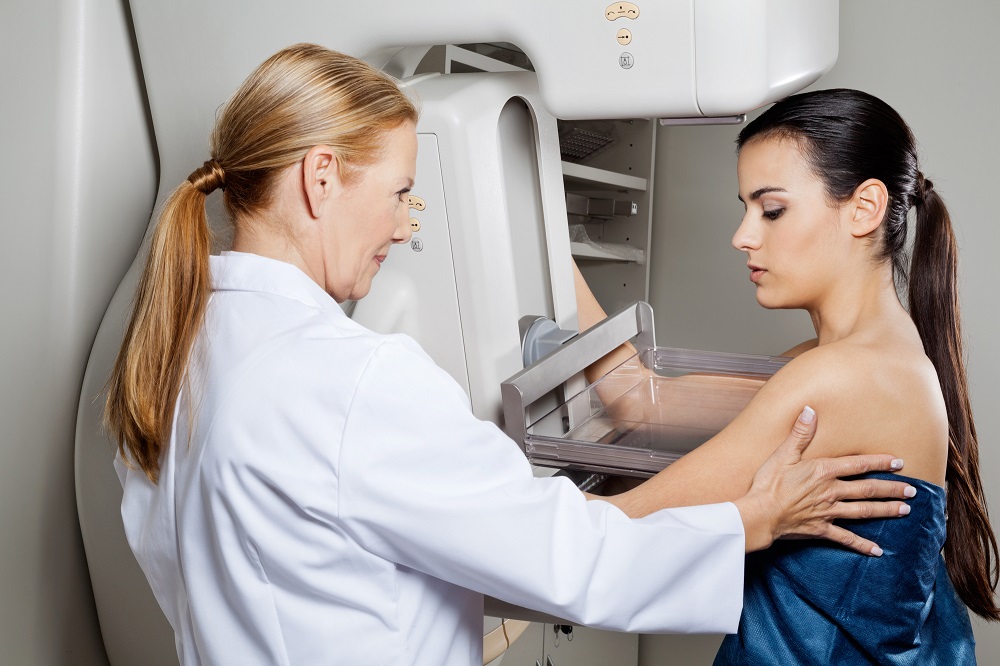October is Breast Cancer Awareness Month, a time when organizations all over the world unite to raise awareness of breast cancer and money for breast cancer research. The law offices of Lisa Levine want to take this time to address some of the myths about breast cancer that may lead women to delay getting examined or treatment.
Breast cancer is the second most common kind of cancer among women. It’s estimated that about 1 in 8 of women born today will get breast cancer at some point in their lives. 43,600 women in the U.S. are expected to die in 2021 from breast cancer.
Information, awareness and action are the keys to successfully fighting breast cancer. While medical science hasn’t yet discovered a way to prevent breast cancer, this doesn’t mean breast cancer can’t be beaten. Most women can survive breast cancer, as long as their condition is discovered and treated early.
Don’t let misinformation prevent you from getting examined for breast cancer. It’s impossible to address all the myths about breast cancer, but here’s our list of the top ten list:
Myth #1: Dairy Products Cause Breast Cancer
Studies have repeatedly shown that consumption of milk and other dairy products does not increase the risk of breast cancer.
Myth #2: Antiperspirants and Deodorants Cause Breast Cancer
Again, studies have found no link between using underarm antiperspirants and deodorants and breast cancer.
Myth #3: Breast Cancer Is Contagious
You cannot “catch” breast cancer from somebody else, nor can you infect somebody else if you already have breast cancer.
Myth #4: An Injury to the Breast Can Cause Breast Cancer
Bumping, falling or being hit in the chest cannot cause breast cancer. Sometimes a breast injury can give rise to a lump known as fat necrosis. This lump is not a cancer but scar tissue created as your body heals itself from the injury.
Myth #5: Men Don’t Develop Breast Cancer
Compared to women, the percentage of men who develop breast cancer is small; however, it’s estimated that 2,190 men will be diagnosed with breast cancer this year. Men are more likely to die from breast cancer because they tend to assume a lump on their breast is not due to cancer and are therefore less likely to seek early treatment.
Myth #6: A Mammogram Can Cause Breast Cancer
Although mammograms are a source of radiation, they have never been proven to cause cancer. In fact, the amount of radiation you are exposed to during mammogram is about that same as what you would experience on a flight from the U.S. to Europe.
Myth #7: If You Have a Family History of Breast Cancer, You Are Likely to Develop Breast Cancer, Too.
Although women with a family history of breast cancer are in a higher risk group, the majority of women who develop breast cancer have no family history.
Myth #8: Finding a Lump on Your Breast Means You Have Cancer
Only a small percentage of breast lumps turn out to be cancer. If the lump is persistent or causes change to the surrounding breast tissue, you should have it examined without delay.
Also, not having a lump doesn’t mean you don’t have breast cancer. If you start to notice changes in the look and feel of your breasts, you should get yourself checked out.
Myth #9: You Don’t Need a Mammogram If You Don’t Have a Lump
The purpose of a mammogram is to detect breast cancer in its earliest and most treatable stages. By the time a lump develops, the cancer may have spread outside the breast, limiting potential treatment options.
Myth #10: Breast Cancer Can’t Be Treated
Breast cancer can be treated. Breast cancer can be cured. Don’t put off getting a breast examination! the earlier you begin treatment, the greater your chances of eradicating the disease.
This Is No Myth: Early Detection Is the Best Way to Stop Breast Cancer
You can’t prevent breast cancer, but there are some important steps you can take to prevent the disease from spreading:
- Know the symptoms and signs of breast cancer
- Perform a monthly self-breast exam
- Get a clinical breast exam
- Have a mammogram – once every two years before age 40, once a year after age 40
When Your Doctor Fails to Diagnose Breast Cancer
At the law office of Lisa S. Levine, we are proud to wear pink in support of Breast Cancer Awareness Month. As a leading Fort Lauderdale medical malpractice attorney, Lisa Levine has represented many clients who have suffered as a result of a misdiagnosis or delayed diagnosis of breast cancer. She knows first-hand the devastating emotional and physical impact advanced breast cancer can have on a victim and their family.
If you have suffered as a result of a doctor’s failure to diagnose or a misdiagnosis of breast cancer, please contact Lisa Levine today to schedule a free consultation to discuss your legal rights.

